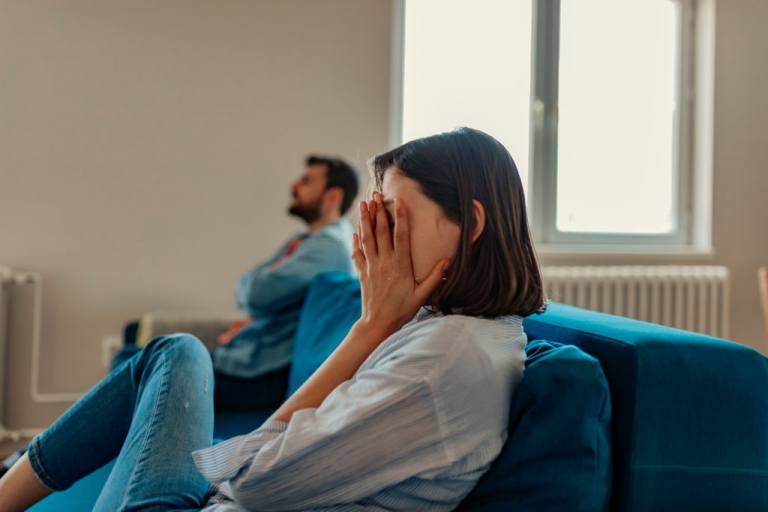How to Target the Source of Your Anxiety & Develop a Coping Strategy
If you struggle with anxiety or excessive worry, it may be time to take inventory of the major stressors in your life and determine productive ways to respond to them. While you may not be able to cut them out entirely as some would advise, you can learn new methods of reacting to tough situations, resolving long-standing problems, and preventing future conflicts to be better prepared for the things life throws at you.
To get started, follow this guide to identify your most prevalent anxiety triggers and find useful ways to manage them.

Reevaluate Your Daily Routine
Anxiety can be triggered by environmental stressors and tasks that you deal with every day. Perhaps you have a particularly demanding job, a heavy workload at school, or extra responsibilities at home. As those things pile up and begin weighing on you, you may start feeling more stressed and anxious. Often, people accept these stressors as unchangeable parts of their daily lives and don’t know what to do to improve their situations.
If you’re dealing with a lot of important but stressful daily tasks, try to rework your routine to minimize their impact on your mental and emotional wellbeing. You may need to be more open with your supervisors, teachers, family, and friends about the toll that your schedule is taking on you and find ways to lessen your load. You should also strive to get more sleep, procrastinate less, and avoid taking on more roles or projects than you can comfortably handle.
Focus on Your Health
In addition to environmental factors, poor diet and lack of exercise can worsen your anxiety and your overall health. Reports claim that eating a lot of processed foods and drinking caffeinated beverages can have a measurable impact on anxiety symptoms. If you clean up your diet and switch out these foods for healthier options, you may notice a significant difference in how you feel.
Further, becoming more active is a great way to improve your anxiety and mental health for long-lasting benefits. Regular exercise can help you clear your mind and boost your energy, distracting you from troubling thoughts and overwhelming stress.
Consider Your Medical History
If you work on improving your daily habits and establishing a positive routine, you should see an improvement. However, sometimes anxiety and other mental health issues are connected to bigger health problems or a family history of mental illness. You may want to talk to a physician about any other medical problems you or your family members have to see if they could be contributing to your mental health struggles. In some cases, necessary medications may even be causing or contributing to your symptoms. If you talk with your doctor, you may be able to find more appropriate treatments or alternate prescriptions that work better for your specific situation.
Look Into Professional Help
In addition to speaking to your physician about your overall health, it’s essential that you talk to a counselor or psychiatrist for specialized advice if your anxiety gets worse over time. Counselors can help you understand your feelings, find effective coping strategies, and identify areas for improvement so you don’t have to go through any of it alone.
For some people, anxiety stems from past trauma rather than from current stressors. Professionals often specialize in treating patients who survived different forms of trauma and abuse, offering expert advice that friends, family members, and even general practitioners might not be able to provide. If you are in this position, you may also want to seek legal aid to get closure for past experiences. Everyone’s healing journey is different, but there are resources available to help you process your feelings and keep making progress.
If you struggle with any form of anxiety, you know how difficult it is to deal with its effects all by yourself. To help you manage your triggers and symptoms more effectively, analyze your situation, make a few positive changes, and don’t hesitate to get the help you need!






